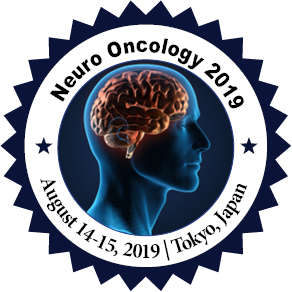Liisa Samuelsson
Stockholm County Council, Sweden
Title: Increasing district nurses knowledge of nutritional care in order to grant them the right to prescribe oral nutritional supplements: An educational intervention in primary health care
Biography
Biography: Liisa Samuelsson
Abstract
In 2011, the Stockholm County Council gave District Nurses (DNs) the right to prescribe Oral Nutritional Supplements (ONS). DNs are registered nurses who have completed an additional year of specialist education in primary care. Th e council charged the academic primary health care center with developing a course that would give DNs the knowledge they needed and the right to prescribe ONS. A group at the center used the Structure of the Observed Learning Outcome (SOLO) taxonomy to design a two-and-a-half-day course that covers identifying and analyzing older patients’ nutritional problems, planning and carrying out nursing care measures, prescribing ONS and following up and evaluating the measures. Th is questionnaire study evaluated participants’ perceived nutritional care and actual level of knowledge about nutritional care before and aft er the course. A total of 493 district nurses in Stockholm County participated in the course, which was given over a period of two to three months. Before and aft er the intervention, participants completed a study-specifi c questionnaire that covered their perceived nutritional care and actual level of knowledge. Th ere were signifi cant improvements in participants work with nutrition care and in their knowledge of all subject areas covered aft er the course (p=0.000-0.014). However, all participants did not fully achieve all learning objectives. DNs’ improvements as a result of the intervention lay the foundation for good nutritional care for older patients in primary care. Th e results have been used to improve the course, and an assessment of the revised course is ongoing.

